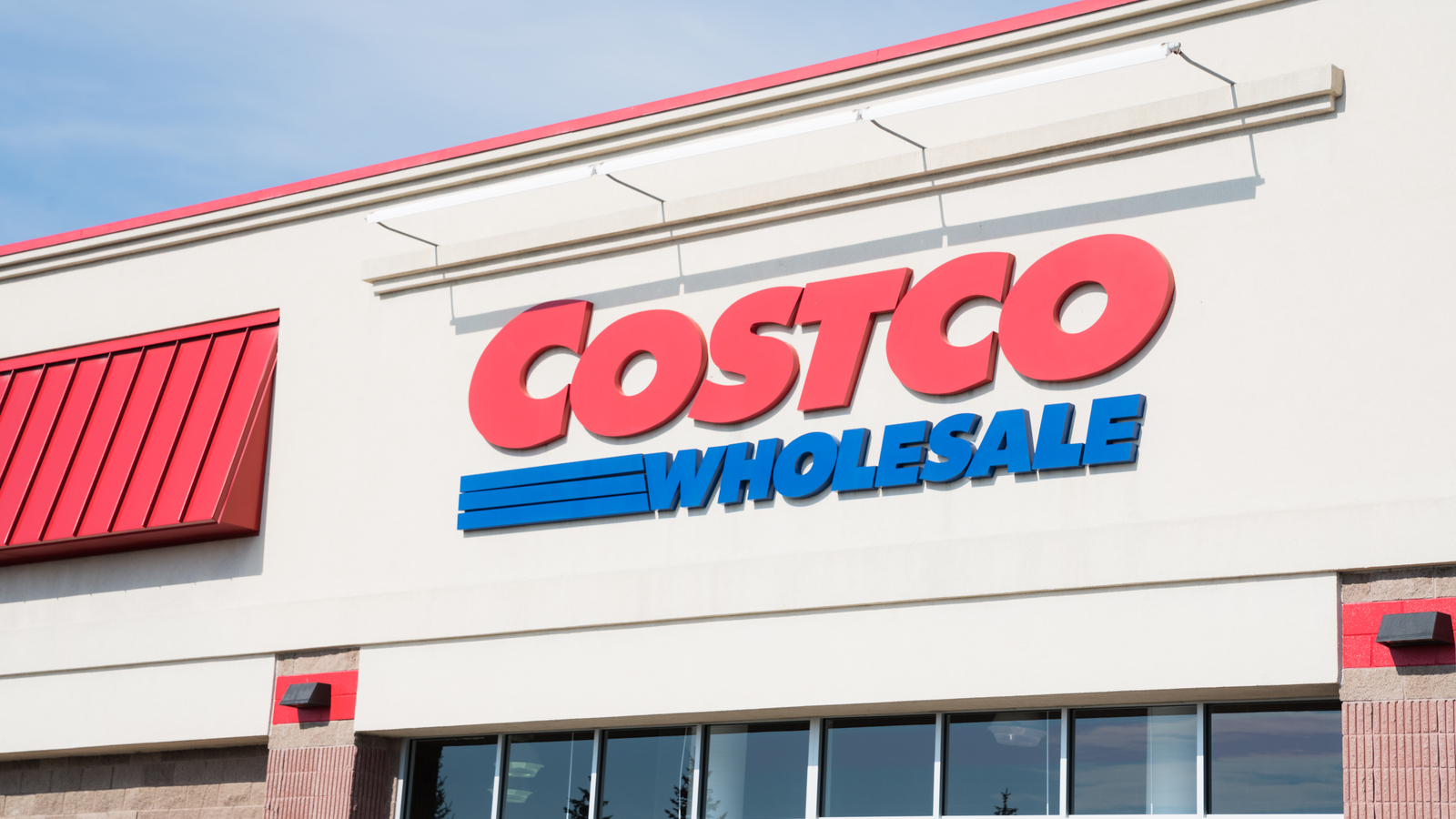Recently, I discussed how Costco (NASDAQ:COST) has been handling inflation much better than its peers in the retail sector. To a large extent, the market is aware of this. That’s why COST stock has partially bounced back, after plunging during the mid-May retailer stock selloff.
Yet shares have still not made their way back to pre-selloff. Possibly, due to the fact it’s not just inflationary fears that are worrying investors. Fears of a recession are doing this as well. There is some validity to these concerns. Concern keeps rising that a recession is just around the corner.
Even so, this may not mean bad results ahead for Costco. The nature of its business model has historically made it resilient during recessionary periods. Investors overreacted to inflation risk with this stock. With recession fears, they are also likely overreacting.
| Ticker | Company | Current Price |
| COST | Costco | $453.84 |
COST Stock: Membership Model Provides Many Advantages
It’s easy to lump Costco in with other major retailer stocks, but the company differs in a lot of ways from its so-called “peers,” big-box discounters and dollar stores. Mainly, because unlike big-box and dollar stores, it’s a discount club chain, with its customers, or members, paying an annual fee.
The membership fees it collects are its main profit center. Pricing its merchandise barely over cost, it is better-positioned to pass along rising costs to the consumer. That explains the recent COST stock earnings beat, and the company’s resiliency so far when it comes to inflationary pressure.
That’s not all. This membership fee-based business model provides it with other advantages. Having its members pay a flat annual fee incentives them to make more frequent trips, in order to get their money’s worth. The pricing advantages from this model also enable it to provide good value to the consumer. Something that’s important as consumer prices (as measured by the Consumer Price Index, or CPI), keep rising and household budgets are further stretched.
On top of all this, Costco’s unique business model gives it advantages during a recessionary period, which we may be on the verge of entering.
How Costco Could Fare in a Recession
Fears of a recession are also having an impact on retailer stock prices. Although it bounced back thanks to its recent earnings report, COST stock continues to trade below what it traded for before mid-May, when retailer stocks plunged due to bad news from the two leading big box titans.
There have also been numerous headlines discussing the inventory glut many major retailers are currently facing. Throw in growing odds of a recession, and it’s easy to see why investors see the situation get worse before it gets better for the sector.
Yet if a recession arrives, Costco will likely fare much better than other broadline retailers. That’s how it has performed historically, in past recessionary periods. Its high-margin stream of membership income provides stability. More challenging economic times all strengthen its appeal to consumers.
All of this points to it continuing to report strong results in the coming year, even if there’s a recession. The fact shares are still being held down by recession concerns works to your advantage. The opportunity to enter a position at a great entry point remains for the taking.
The Verdict on COST Stock
Costco shares continue to earn a “B” rating in my Portfolio Grader. While I believe there is upside potential with the stock today, that’s not to say a full comeback will arrive quickly. The market hasn’t finished absorbing inflation and recession risks. A recovery may take time.
Still, if you’re looking to add more “safe harbor” plays to your portfolio, this is one to consider. If you already own it, now may be a great time to add to your existing position.
With its recent earnings report, Costco has bolstered the case that it’s an inflation-resistant stock. Considering its unique business model, and its historic resiliency during recessionary periods, it’s a great recession-resistant stock as well.
Current sentiment for the retail sector continues to affect its performance. This is despite its inflation-resistant and recession-resistant bona fides. COST stock is worth a closer look, as this disconnect carries on.
On the date of publication, Louis Navellier had a long position in COST. Louis Navellier did not have (either directly or indirectly) any other positions in the securities mentioned in this article. InvestorPlace Research Staff member primarily responsible for this article did not hold (either directly or indirectly) any positions in the securities mentioned in this article.
